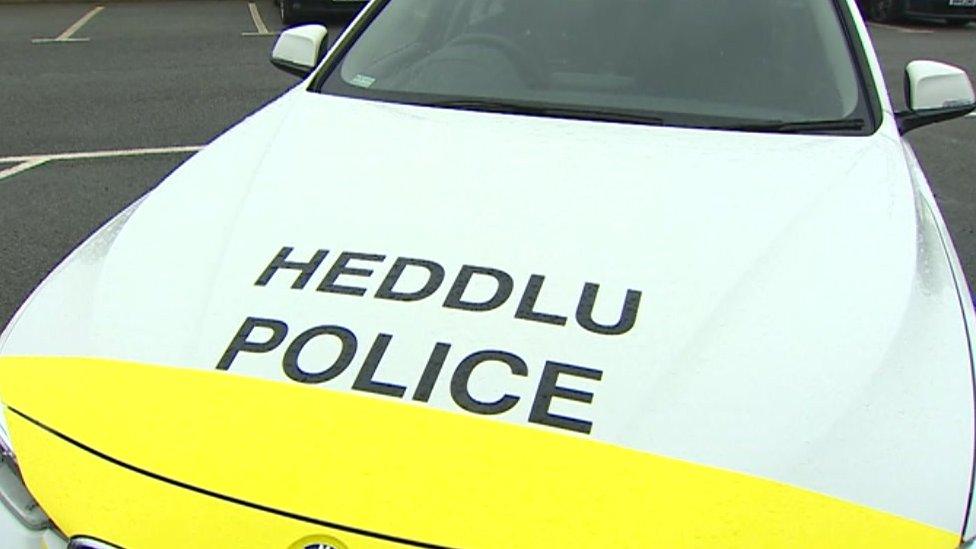Schools urged to help tackle Islamophobia
- Published
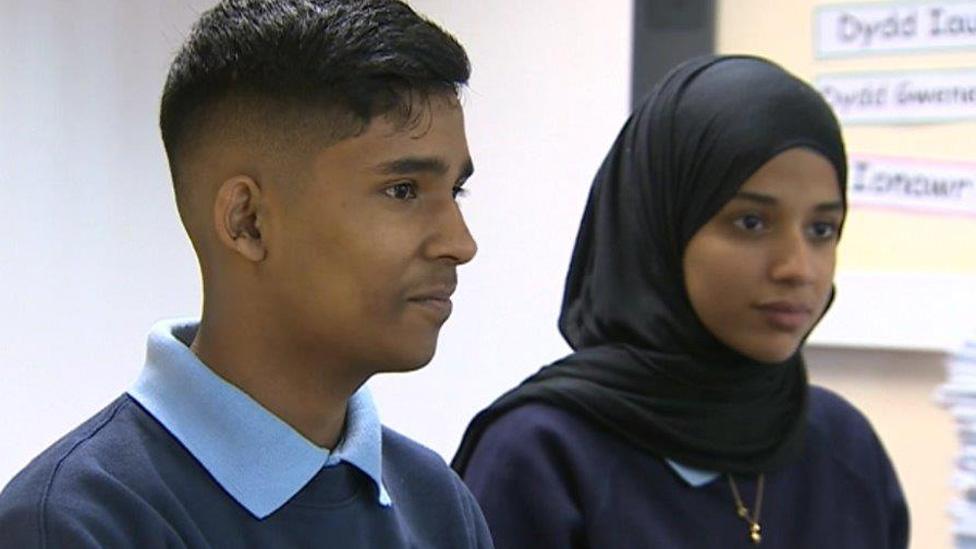
Azeem and Shutha from Cathays High School have contributed to the videos
Young Muslims in Wales say they have been frequently stared at in public, called "terrorists" at school and been told by strangers to take off headscarves.
It comes as schools have been urged to raise awareness of Islamophobia.
The Children's Commissioner for Wales Sally Holland is focusing on the harm caused by religious hate crime.
Muslim pupils have shared their experiences to help shape resources for the classroom.
The most recent UK Government statistics showed a 29% rise in hate crimes in England and Wales.
Religious hate crime increased by 35% between 2016-17, during a time when a charity in Wales said teachers from 13 of the 22 local authorities reported incidents of racism in the last year.
Ms Holland said: "I've spoken to young Muslims from across Wales who've told me that they're often scared in their communities, that they've directly experienced abuse at school, and that they're tired of the way Islam is often portrayed by the media, and the effect this has on the views of their non-Muslim peers."
Young Muslims' views have helped shape the new resources for teachers to use in the classroom.
These Muslim pupils from Cathays High School in Cardiff talk about race hate
Videos include contributions of pupils from Cathays High School in Cardiff where around three quarters are from minority ethnic backgrounds.
Shutha, 15, said has had "a few racial comments" directed at her.
"Stuff like 'go back to your country', stuff about what's on my head without knowing necessarily what it's for," she said.
"I used to think it was people being horrible but as I grew older I realised that people aren't really educated on the topic of Islam, the topic of what we do in our religion, why we do it and why we dress a certain way, why our beliefs are a certain way."
She added: "And I feel like if people get more educated on that, there'll be less Islamophobia, there'll be just less hate in general."
Though Azeem, 16, has not had direct experience of Islamophobia, some of his friends have.
"On the bus people wouldn't want to sit next to them because they're wearing headscarves," he said.
Ibby, 17, considers himself lucky to attend a multi-cultural school which he describes as "a cohesive community".
But outside the school gates friends have been "verbally assaulted" by people on the street, he said.
"Early intervention is what's needed before the problem becomes a serious problem", he said.
"Teaching young people about religion, about culture is hugely important".
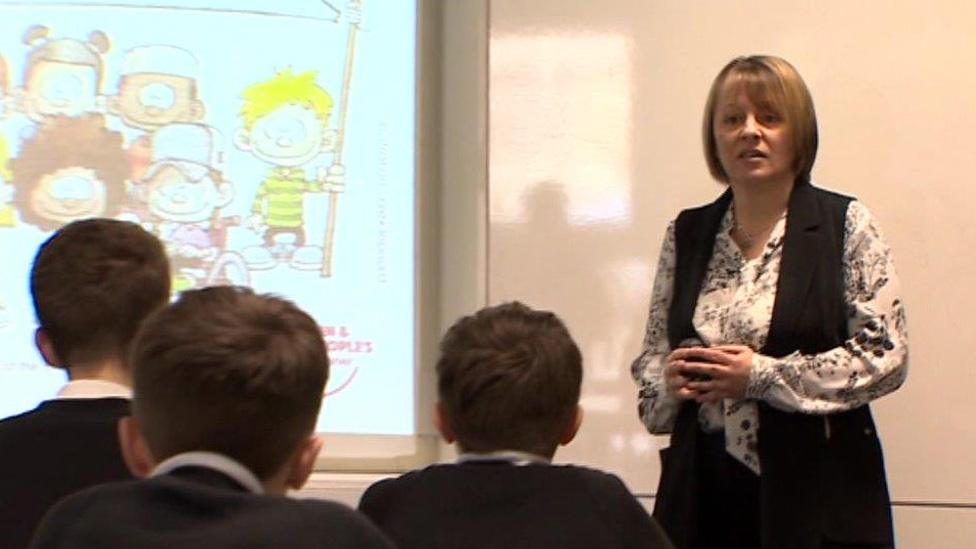
Pupils in Swansea joined a pilot project to use the new materials
Lesson plans produced for the project have been trialled in schools in Swansea, Cardiff and Neath.
Jo Bamsey, a religious education teacher at Pentrehafod Comprehensive, Swansea, said they had received positive feedback from pupils.
"The three lessons were well thought-out and allowed for honest discussion in an open and reflective environment," she said.
Fiona Thomas, a teacher at Dwr-y-Felin Comprehensive in Neath, added: "The resources conveyed the message clearly to our students that as humans we are all the same, enjoying playing football, listening to music and playing on the Xbox."
Anti-racism charity Show Racism the Red Card said that teachers in 16 of Wales' 22 local authorities had contacted them for support for help dealing with incidents of racism, or for help in delivering workshops.
Sunil Patel, campaign manager, said: "The number of inquiries our charity has received has trebled compared to the same period last year."
Ms Holland said she recognised the challenge faced by teachers in tackling sensitive issues.
"We know teachers can sometimes feel unsure and nervous about delivering lessons on topics like this, and I hope this resource gives teachers the necessary guidance and support." she said.
- Published17 October 2017
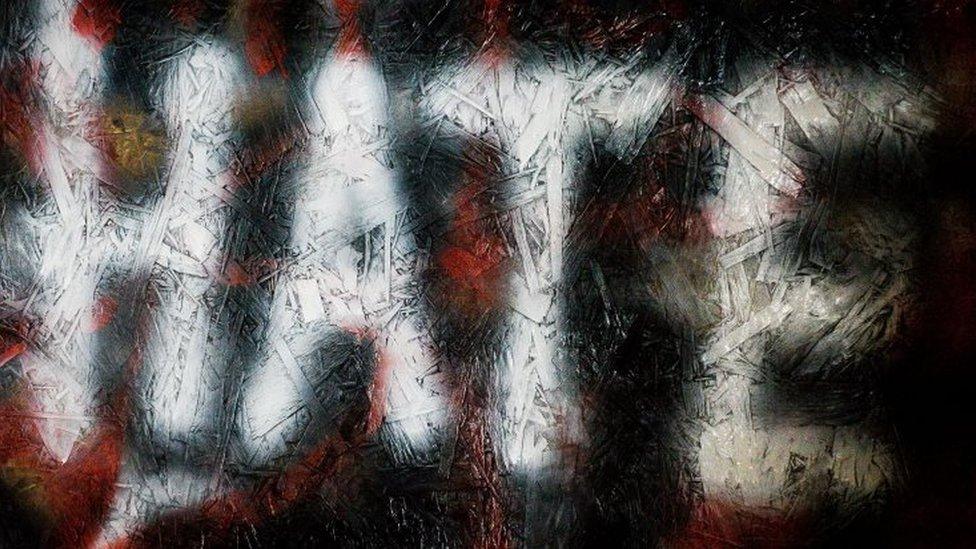
- Published20 June 2017
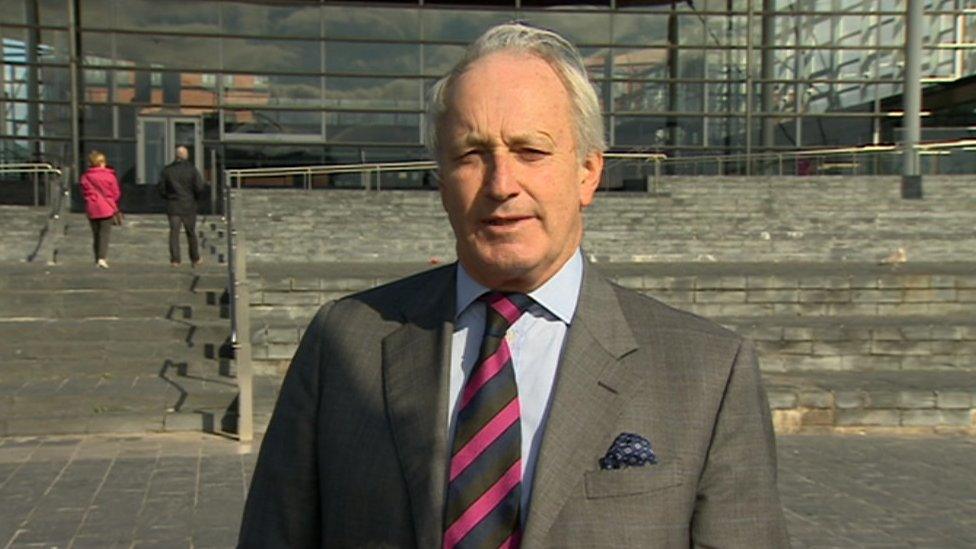
- Published19 April 2017
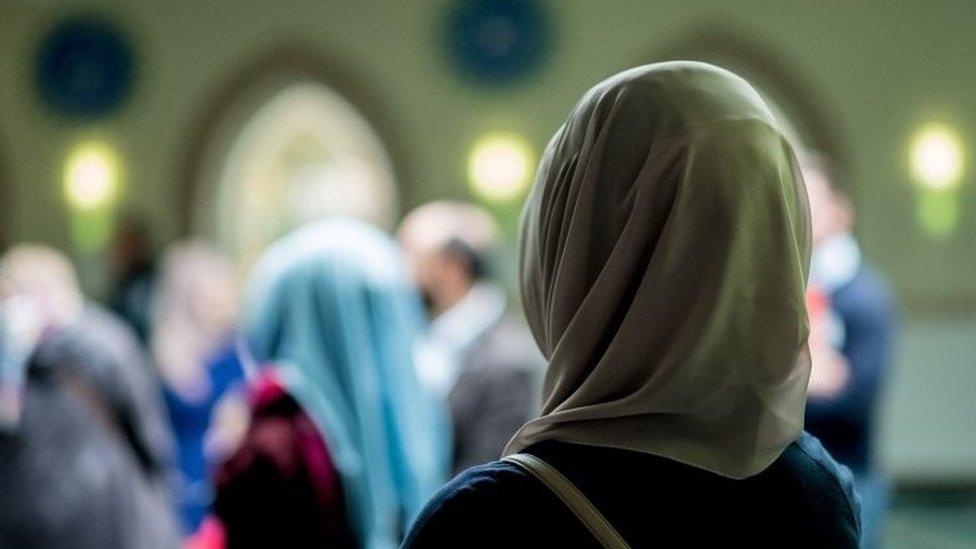
- Published15 February 2017
